WEBINAR: Mother languages, pillars that sustain the knowledge and cultural practices of Indigenous Peoples and their solutions to climate change
Learn how preserving, revitalizing and promoting Indigenous languages contributes to environmental stewardship
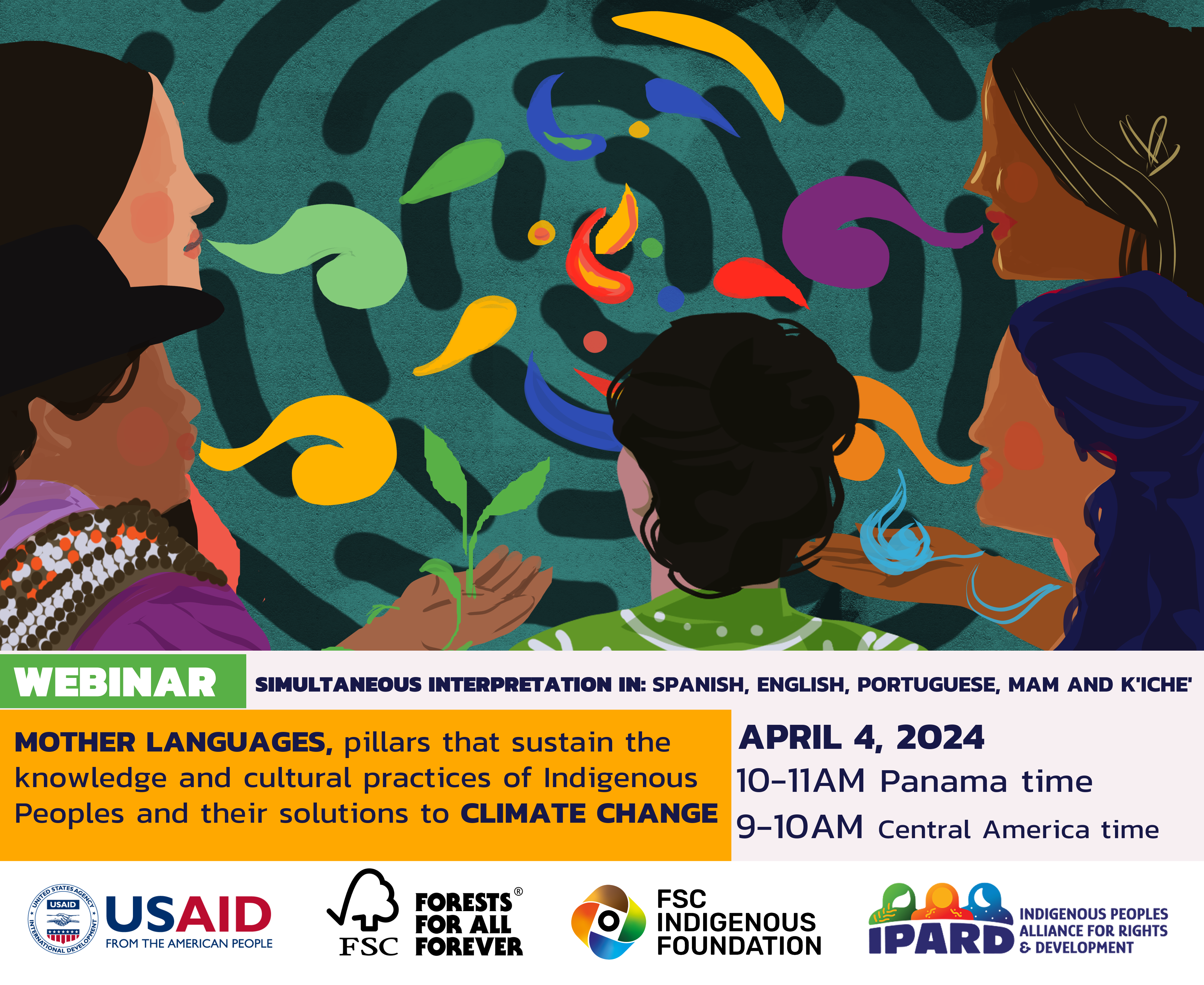
Join the FSC Indigenous Foundation for a webinar on April 4, 2024, to acknowledge the significance of preserving and enhancing Indigenous mother tongues as a vital component that fosters effective responses to climate change challenges.
Indigenous languages serve as custodians of traditional knowledge, nature-based interactions, and scientific knowledge among Indigenous Peoples. These elements actively contribute to environmental stewardship and bolster efforts to combat climate change. However, the impacts of climate change pose a threat to the vitality of Indigenous languages, endangering their survival and continuity, hence, prioritizing their preservation, revitalization, and promotion becomes imperative.
On April 4, 2024, 10-11 am Panama time / 9-10 am Central American time / 12 – 1 pm Brazil time, we are gathering with Indigenous leaders with experience in sociolinguistic and linguistic matters and a climate change perspective.
The zoom webinar will have simultaneous interpretation in Spanish, English, French and Portuguese, Mam and K’iche’.
Join us and register here.
Panelists
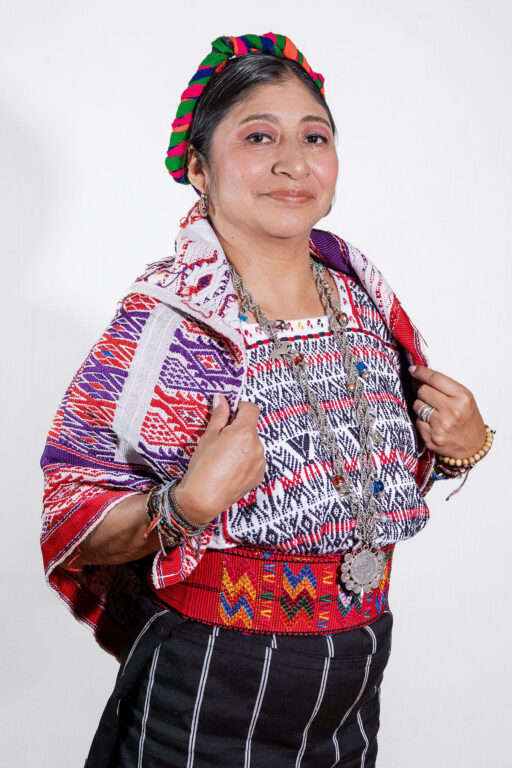
Maatal Pérez
FSC-IF Indigenous Peoples Affairs Officer – Guatemala / President of the Poqomam Indigenous Mayoralty of Palín
Mayan – Poqomam sociolinguist with experience in public policy with a focus on linguistic and cultural rights of Indigenous women and Indigenous Peoples.
President of the Poqomam Linguistic Community of the Academy of Mayan Languages of Guatemala, and titular representative of Indigenous Peoples at departmental, regional, and national levels in the System of Development Councils.
Specialized studies in Indigenous Women’s Leadership at the Intercultural Indigenous University of Bolivia, Postgraduate studies in Indigenous Peoples’ Rights for the Elimination of Racism and Discrimination at the School of Political Science of the University of San Carlos of Guatemala, specialization in Gender and Feminism at the Center for Interdisciplinary Research in Science and Humanities CEICH, Autonomous University of Mexico UNAM.
Iguaigdigili López
Teacher, biologist, and researcher
Biologist by profession, specialist in intercultural bilingual education, Indigenous Peoples’ law, postgraduate in higher education, consultant on gender and biodiversity, traditional knowledge, cultural revitalization, climate change. President of the Organization of Indigenous Women United for Biodiversity of Panama (OMIUBP).
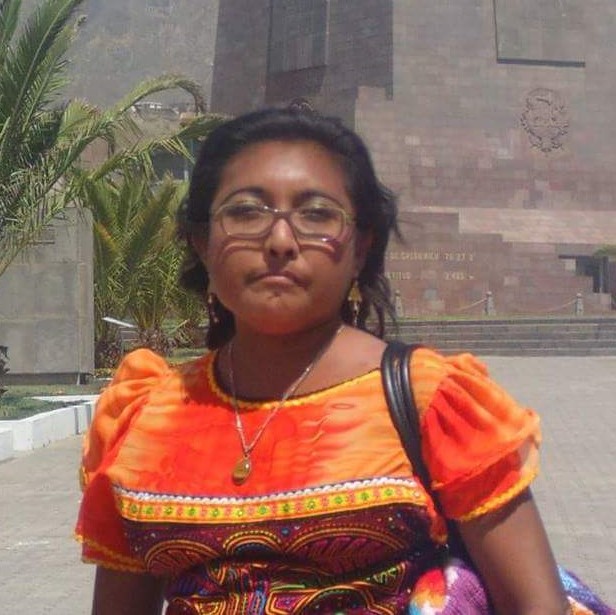
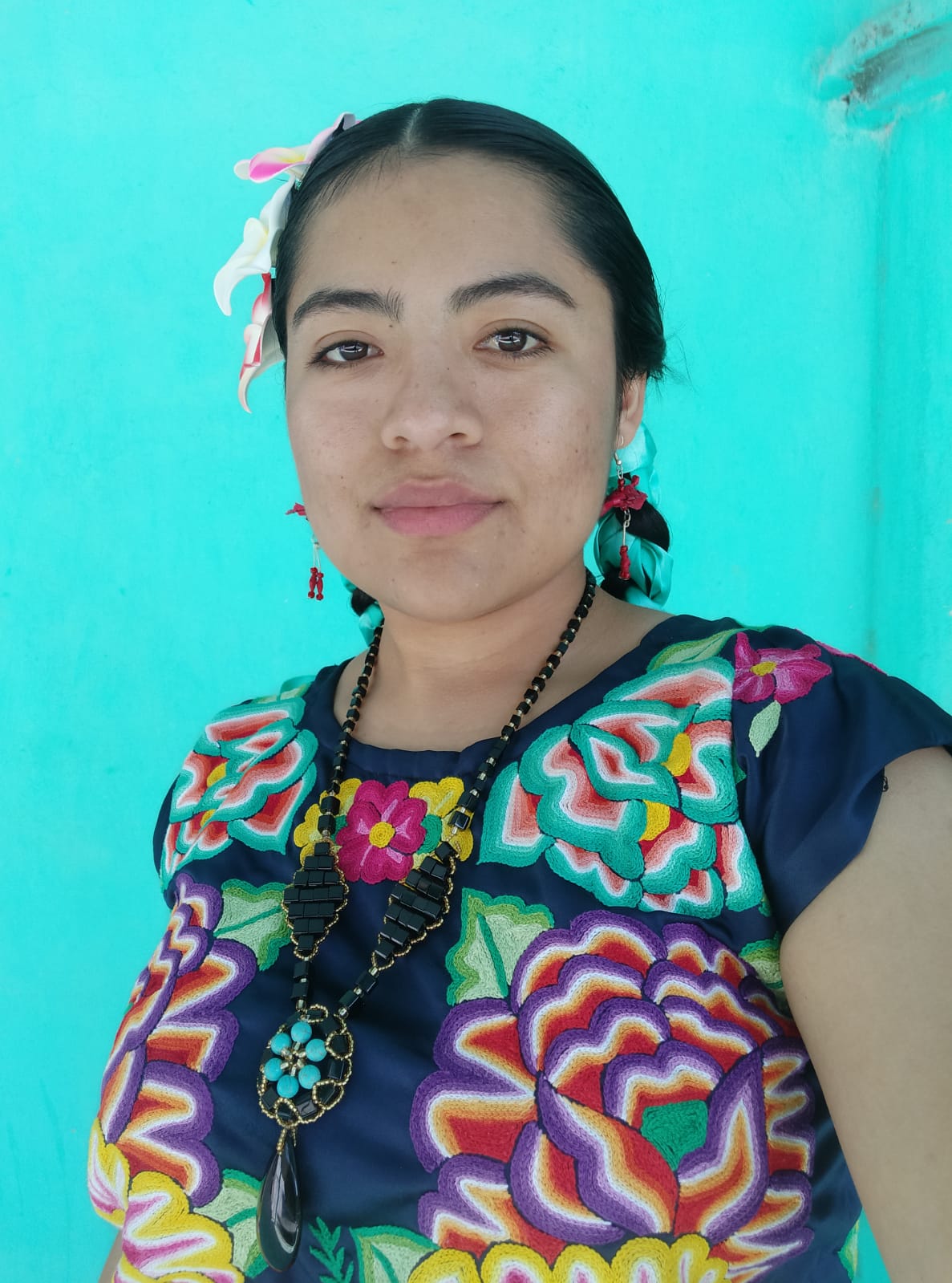
Quetzaly Quintas Arista
Coordinator of the Gibäñ Dadi’idznu team “long live our language”
Young woman, 24 years old. She is originally from the community of Santa María Guienagati, a Zapotec village in the state of Oaxaca, Mexico. Since she was a teenager she has worked with children to raise awareness of environmental care and has been interested in learning the language of her community, currently only spoken by older adults, which led her to study a degree in Linguistics at the National School of Anthropology and History. She was a facilitator of the subject Lengua indígena at the Universidad Autónoma Comunal de Oaxaca. She is currently the coordinator of the Gibäñ Dadi’idznu team “que viva nuestro idioma” (long live our language) made up of Zapotec-speaking seniors. She is also developing projects for the dissemination and revitalization of the Zapotec language. She received a grant from Cultural Survival and collaborates as a monitor for Nidos de Lengua, an initiative of the Secretaría de Cultura y Artes del Estado de Oaxaca.
Te Ngaehe Wanikau
Title: Kaumatua / Elder, Tribe: Ngati Hikairo ki Tongariro, People: Maoríes de Aotearoa (New Zealand)
I have served on many boards, committees, and working groups at the local, national, and international levels. It has been an honor and a privilege to serve on all of them. However, the position I cherish the most is the one my elders and parents prepared me for. It is my role with my people. It has no legal description in the Western context. It is a traditional position for my whanau – family, hapu – extended family, iwi – my tribe and the people and environment we serve and protect.
My traditional teachings are: Kawa – Divine protocals, Tikanga – human protocols, Matauranga – Streams of traditional exoteric knowledge, Whakapapa – Genealogy of both people and all existing things
Opening remarks
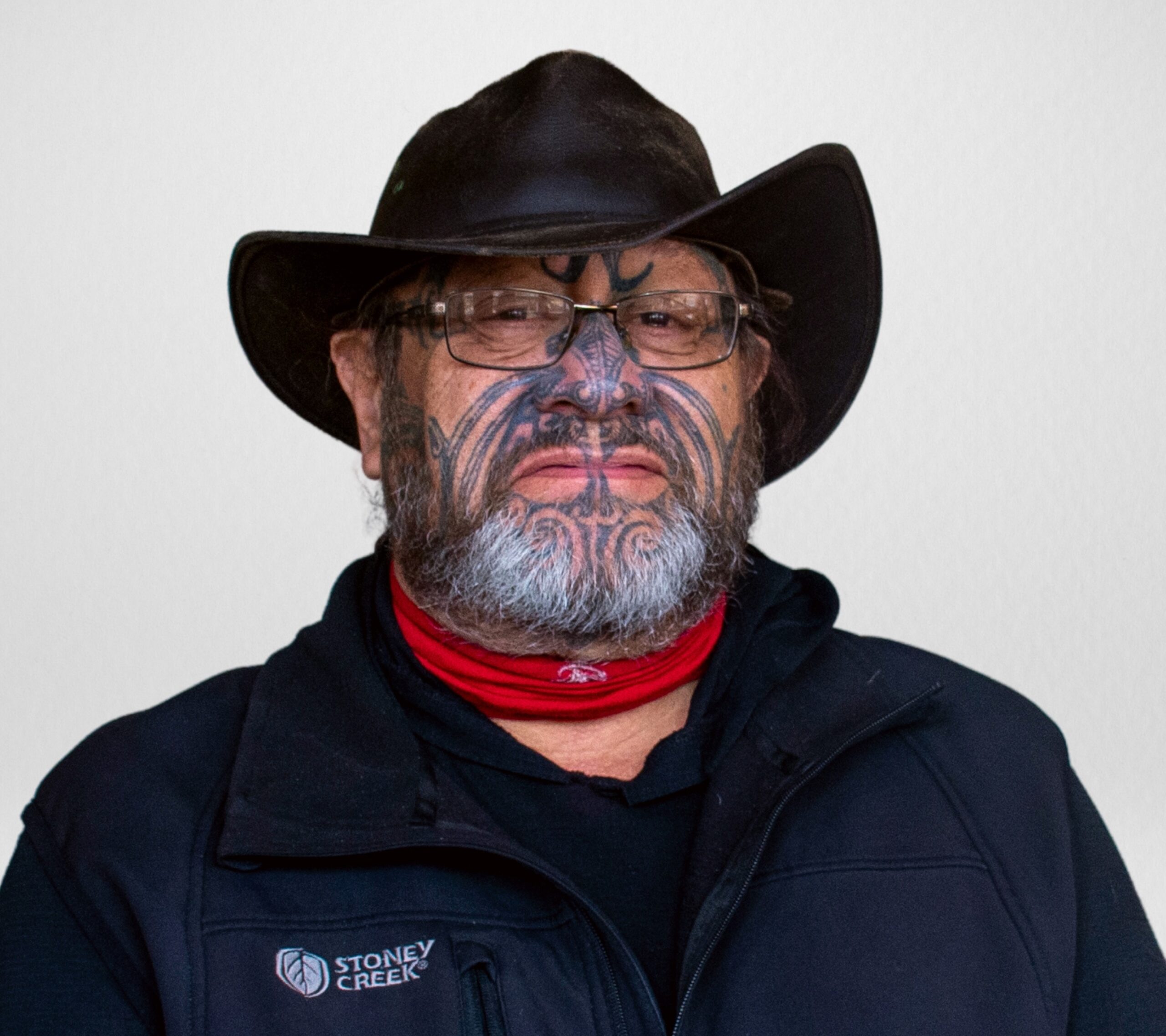
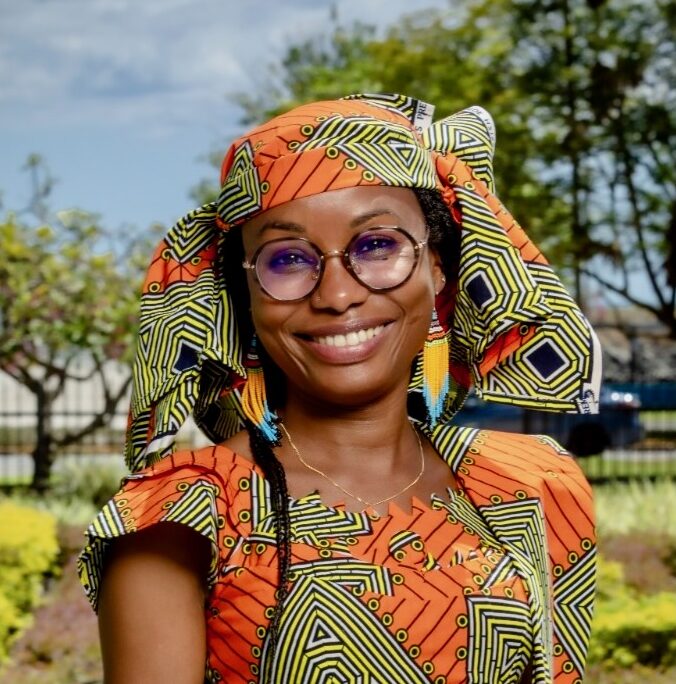
Hindou Oumarou Ibrahim
Chair of FSC-IF Council and Coordinator of the Association of Peul Women and Autochthonous Peoples of Chad (AFPAT)
Hindou Oumarou is a member of the Mbororo People of Chad, part of the FSC Indigenous Foundation Council and an environmental and Indigenous Peoples activist.
She is the Coordinator of the Association of Peul Women and Autochthonous Peoples of Chad (AFPAT) and served as the co-director of the pavilion of the World Indigenous Peoples’ Initiative and Pavilion at COP21, COP22 and COP23.
She is the gender representative and Congo Basin Region and Focal Point on Climate Change in the Indigenous Peoples of Africa Coordinating Committee (IPACC).
She was recognized by BBC as a top 100 women leader and by TIME’s Women Leaders in Climate Change and is a National Geographic Explorer.
This webinar is organized within the framework of a webinar series: Resilient Roots: The wisdom of Indigenous women and youth in the fight against climate change. Watch our website and social media for upcoming webinars.
Watch a recording of the webinar below.
ENGLISH
MAM
K’ICHE
